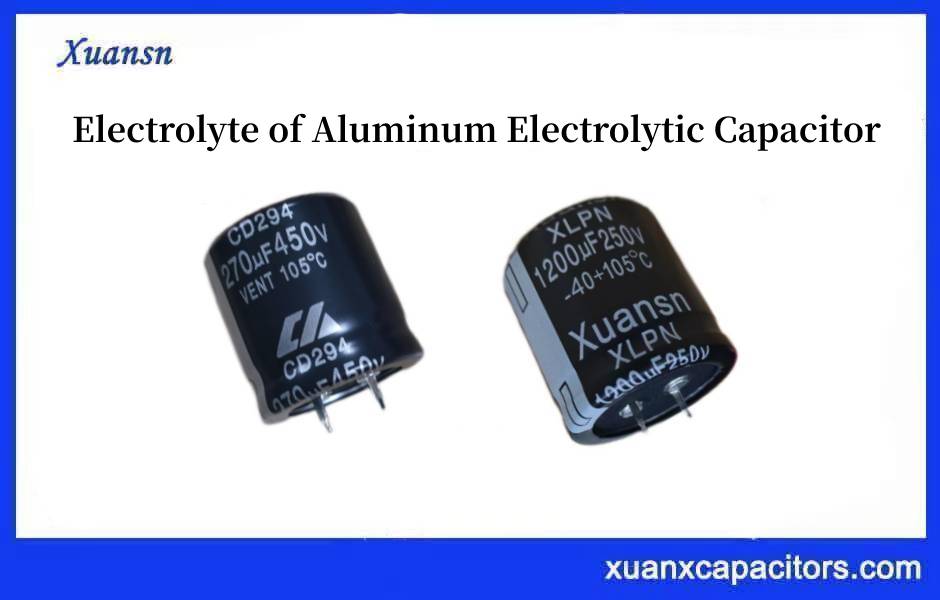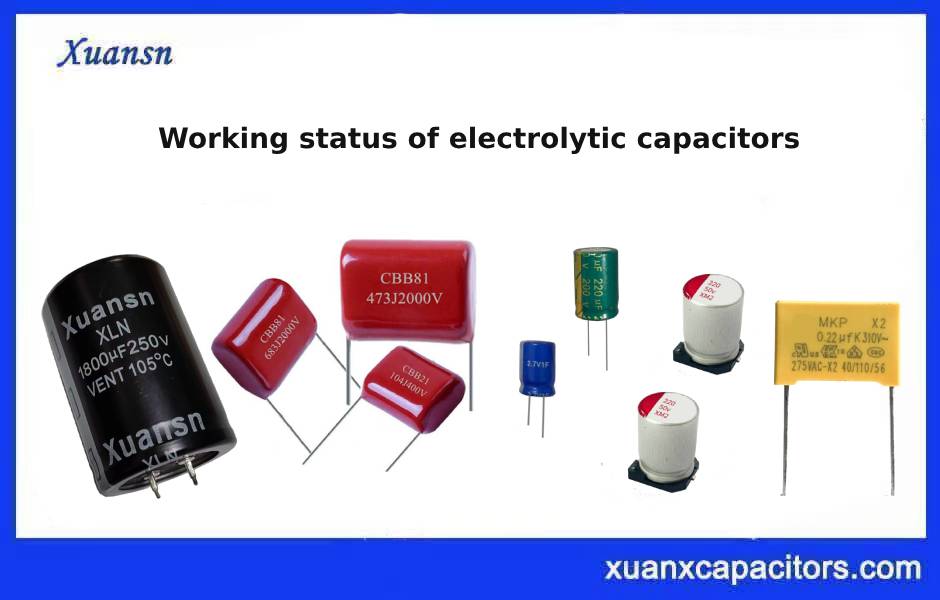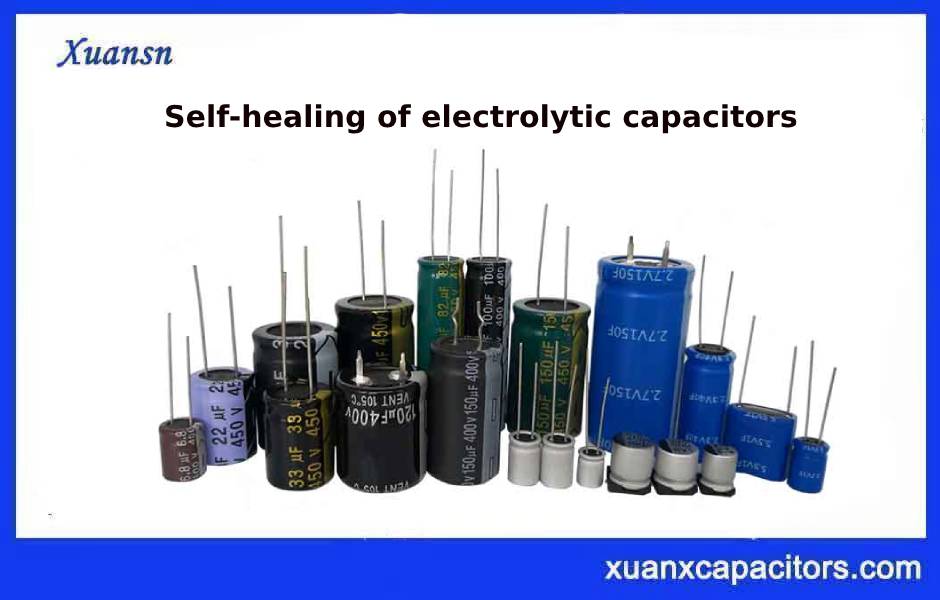There are a number of parameters of importance beyond the basic capacitance and capacitive reactance when using electrolytic capacitors. When designing circuits using electrolytic capacitors it is necessary to to know their properties. so what are the properties of electrolytic capacitors ?
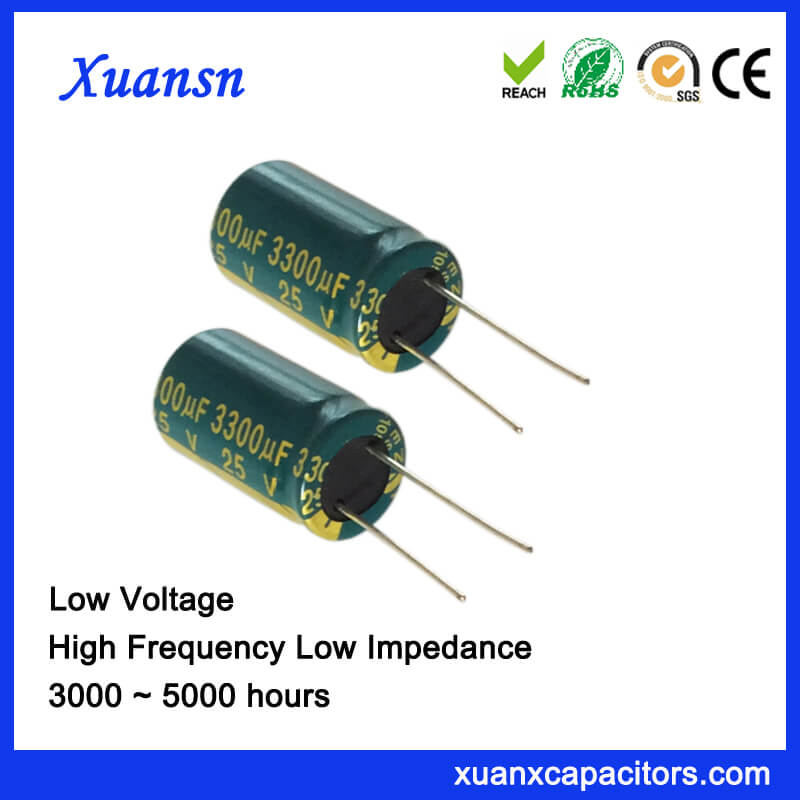
1.ESR Equivalent series resistance: Electrolytic capacitors are often used in circuits where current levels are relatively high. Also under some circumstances and current sourced from them needs to have a low source impedance, for example when the capacitor is being used in a power supply circuit as a reservoir capacitor.
2.Frequency response: One of the problems with electrolytic capacitors is that they have a limited frequency response. It is found that their ESR rises with frequency and this generally limits their use to frequencies below about 100 kHz.
3.Leakage: Although electrolytic capacitors have much higher levels of capacitance for a given volume than most other capacitor technologies, they can also have a higher level of leakage. This is not a problem for most applications, however under some circumstances they are not suitable. For example they should not be used around the input circuitry of an operational amplifier.
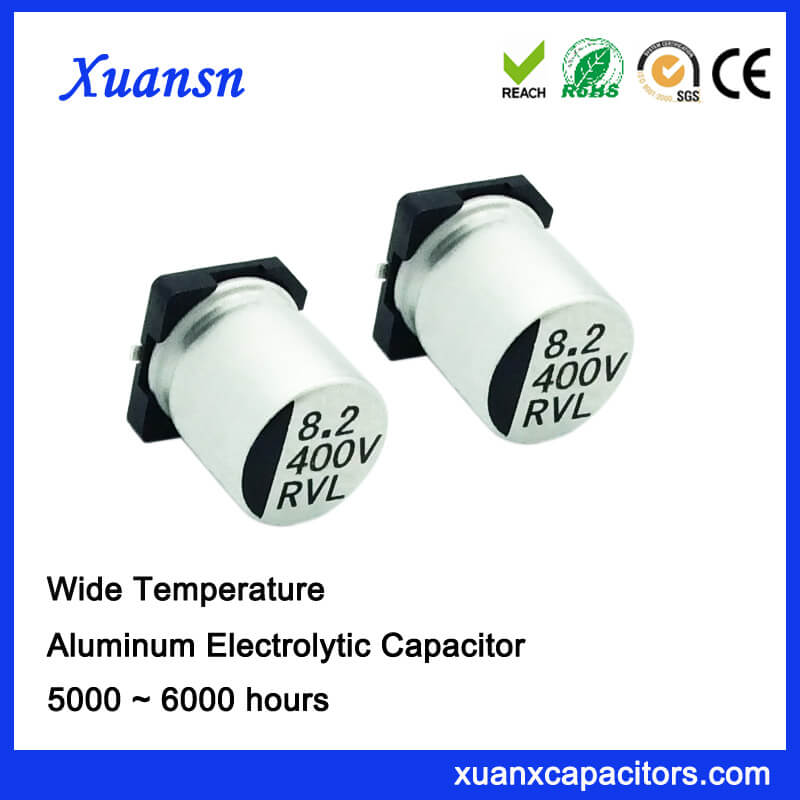
4.Ripple current: When using electrolytic capacitors in high current applications such as the reservoir capacitor of a power supply, it is necessary to consider the ripple current it is likely to experience. Capacitors have a maximum ripple current they can supply. Above this they can become too hot which will reduce their life. In extreme cases it can cause the capacitor to fail.
5.Tolerance: Electrolytic capacitors have a very wide tolerance. Often capacitors may be quoted as -20% and +80%. This is not normally a problem in applications such as decoupling or power supply smoothing, etc. However they should not be used in circuits where the exact value is of importance.

